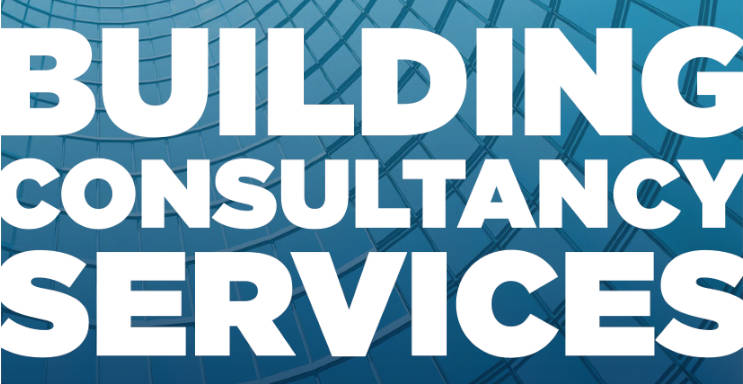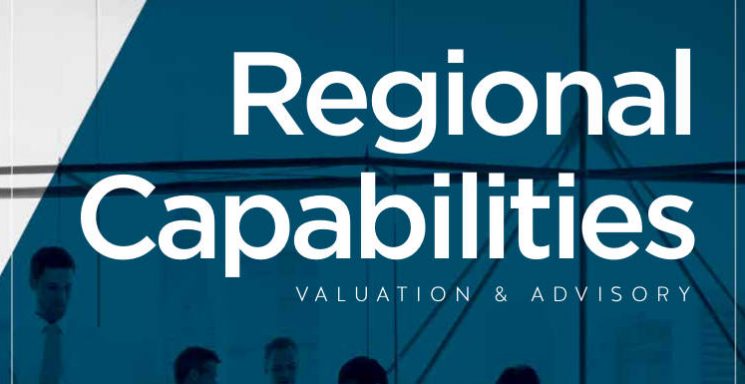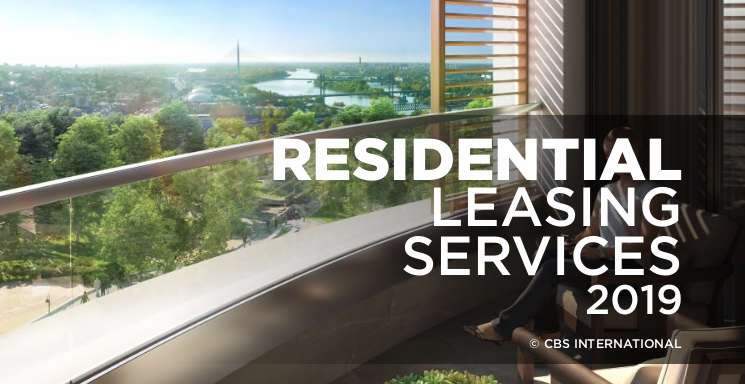
What is ESG and why is it becoming a widely dicussed topic?
ESG is a topic that has been discussed a lot lately among a great number of investors around the world. Socially responsible investment is necessary because of the negative impact of a large amount of investments on the environment.
ESG (abbreviation of Environmental, Social and Governance) is a term that refers to a set of standards that guide corporate policies to be in line with the concepts of sustainable development in the areas of environment, social responsibility, and corporate governance. The most important elements of environmental protection are: use of natural resources, energy efficiency, emission of harmful substances into water and air, carbon dioxide emission, waste generation, sustainability initiatives. Some of the more important elements of social responsibility are: safety and health in the workplace, human rights, protection of personal data and privacy, employee training, diversity and opportunity policies, community programs. The elements of management are: business ethics, rights of owners, communication with interested parties, commitment of management.
The question is, how are real estate and ESG connected? Real estate is a major component of urban development, consumes natural resources and is also a major source of emissions. The real estate industry is responsible for more than 20% of carbon emissions in the world, but also for the production of waste, pollution and the overall consumption of natural resources. It uses more energy than any other industry, and it is also estimated that buildings will use 12% of the total amount of fresh water and generate 30% of the total waste in the European Union. By 2030, the world’s population will exceed 8 billion and 60% of people are expected to live in urban areas.
With numerous initiatives, the real estate sector has already addressed this issue to a certain extent, and there has already been a significant shift towards investing in more environmentally sustainable buildings. Several companies have taken an action by starting to build “green buildings”. Green buildings are designed to reduce the negative impact on the environment and improve the overall quality of life. Even in the case of constructed objects, investors strive for green certificates in order to reach a certain level of performance and quality. To obtain a green certificate, buildings are assessed against a series of rating systems called Green Building Certification Systems.
The two most popular certification systems are LEED developed in the US and BREEAM developed in the UK, and while these two certifications are very similar, the approach to building certification is different. While BREEAM certificate is issued twice, for a project and its completion, LEED certificate is issued only for the completion of a project. BREEAM is also the oldest method of certifying a building’s environmental sustainability and in order to assess a building, it uses licensed assessors who examine the evidence against the credit criteria. On the other hand, for LEED certification, the design team of a building collects the data and sends it to the U.S. Green Building Council, a non-profit organization which also runs the program. BREEAM is run by BRE, Building Research Establishment, which decides if a building meets the requirements and accordingly accredits them. BREEAM is also considered to be more rigorous compared to LEED.
Currently there are a little under 100 properties both certified and registered for certification in Serbia with LEED and BREEAM standards. While there are 26 office buildings in the process to become LEED certified, currently on the market there are in total 18 LEED certified office buildings, of which 13 are Gold and one Platinum LEED certified. There are only 4 office buildings with BREEAM certificates, while there are 14 Retail Parks with BREEAM certificates and one shopping mall. When it comes to industrial properties, 4 of them are certified with LEED and 7 of them with BREEAM certifications, while 12 are in the process to earn LEED certification.
Principles for sustainable development of the real estate sector
Five principles can be defined as key to the concept of real estate sustainability:
1. It is important that every real estate company adheres to the best sustainability standards in its operations. Company management should be responsible for monitoring sustainability performance.
2. The second principle indicates that it should be ensured that all decisions contribute to the improvement of environmental sustainability at the local and urban level. This can be achieved by working with tenants, city authorities, urbanists and planners, as well as other key stakeholders.
3. The third principle is commitment to constant improvement of the standards and quality of construction of new facilities.
4. The fourth principle implies continuous monitoring of the environmental performance of all real estate and real estate business.
5. Finally, the identification of clear objectives for improving environmental sustainability performance and minimizing emissions of gases and harmful substances is necessary to increase the use of renewable energy sources.
To conclude, a large part of the urban development of cities is related to real estate. In order to ensure that humanity has a sustainable infrastructure and a cleaner nature in the future, the practice of sustainability must be used even more in the real estate industry. For this reason, the introduction of principles that set a standard procedure for all stakeholders is crucial for the environmental sustainability of real estate in the future.








